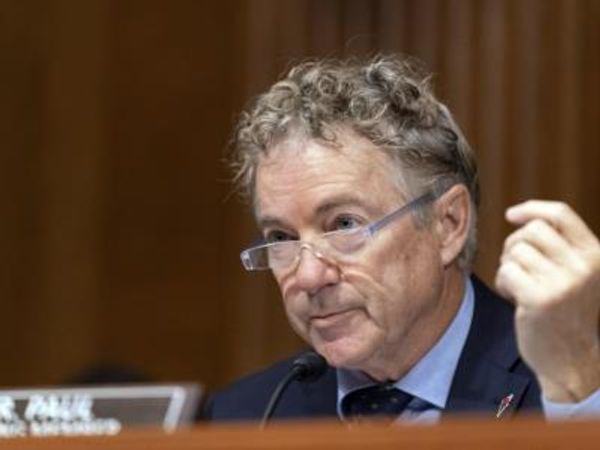
Beijing (AFP) - Tax breaks and a bond drive for Chinese aviation and railway firms are among a blizzard of fresh measures agreed by China's economic planners to gee up an economy stunted by a coronavirus surge.
China is the last major economy bolted to a zero-Covid strategy of mass testing and tough lockdowns to stamp out infections.
Movement curbs have hit dozens of cities in recent months -- from the manufacturing hubs of Shenzhen and Shanghai to the breadbasket of Jilin -- seizing up supply chains and crushing retail sales and industrial output to their lowest levels in around two years.
The State Council on Monday announced measures to "stabilise the country's economy and bring it back onto a normal track", according to the official Xinhua news agency.
Beijing will expand the quota of value-added tax refunds by 140 billion yuan ($21 billion), the agency said.
This takes the overall target of tax refunds, cuts and fee reductions to 2.64 trillion yuan this year, according to a readout of the State Council meeting on Xinhua.
Authorities will also double the lending quota for banks to help smaller enterprises, while allowing some borrowers to postpone their repayments, the report added.
The government will also issue 200 billion yuan in bonds to support the aviation industry, cut the purchase tax on some cars, and support the issuance of 300 billion yuan in railway construction bonds, Xinhua said.
"We believe these measures will provide some help and alleviate the severity of the growth slowdown...(but) remain cautious about growth prospects for this year," Nomura analysts said in a note on Tuesday.
The moves come as Chinese cities roll out more regular Covid testing, crowding out other fiscal spending, Nomura said.
Meanwhile, the zero-Covid strategy is likely to bog down private demand, analysts added.
Markets remained gloomy despite the pledges, with the Shanghai Composite Index down 1.2 percent on Tuesday, while the Shenzhen Composite Index slid two percent in afternoon trade.







